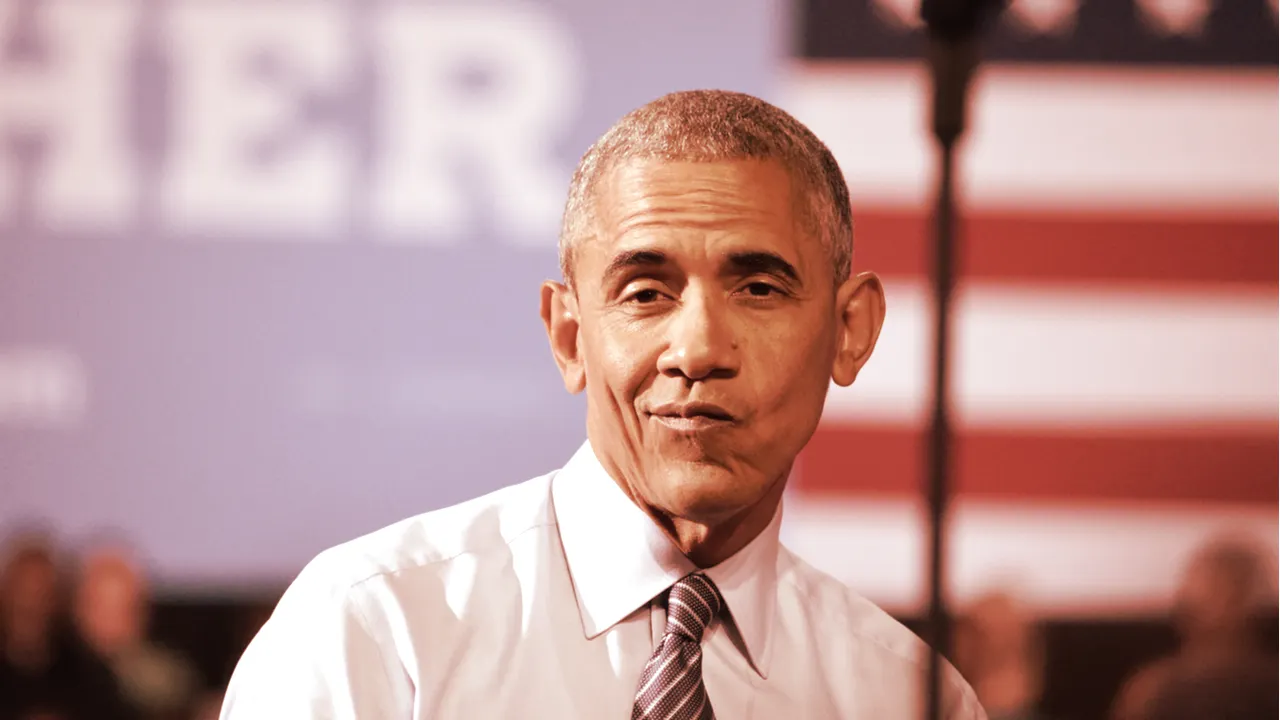Democratic Party political operative Jim Messina is joining the board of crypto wallet company Blockchain.com in a move that could help the company gain traction stateside.
Messina, referred to as “the fixer” during his tenure as President Obama’s White House Deputy Chief of Staff for Operations, also headed up Obama’s 2012 reelection campaign before forming his own consulting firm, The Messina Group.
Messina’s hire, first reported by Axios, also comes just one week after Blockchain.com hired Lane Kasselman as its chief business officer.
Kasselman worked on Hillary Clinton's 2008 presidential campaign. He later became a partner at The Messina Group after it acquired his public relations firm, Greenbrier.
Though Messina is known as a DC power broker, he’s something of an unknown property within Silicon Valley and the larger tech sphere. Nonetheless, this is also part of a larger trend of Obama-era political honchos moving into tech advisory roles.
David Plouffe, Obama’s 2008 campaign manager, joined Uber in 2014 as its Senior VP of Policy and Strategy, five years before the now-ubiquitous company went public. Jay Carney, Obama’s second White House press secretary, took a Senior VP role at Amazon in 2015.
Moreover, Messina is familiar with current and prospective members of the Biden administration. That includes not only President Biden himself, who served as Obama's vice president, but also his nominee for SEC chair, Gary Gensler, who Obama appointed to chair the Commodity Futures Trading Commission.
Messina has a lot of powerful names in his rolodex.
Blockchain.com has three main products: an exchange for spot trading, a wallet for storage, and an explorer for searching Bitcoin, Bitcoin Cash, and Ethereum transactions.
It reports nearly 70 million wallets created since 2011 and says that it has helped facilitate 28% of all BTC transactions since 2012, mostly via its wallet. But because it didn’t start an exchange until 2019, it remains a relatively small player on that front. It offers 31 markets for 17 coins. By contrast, Coinbase has 142 markets, Kraken has 284, and Binance a whopping 1,104.
The company has one unique asset: It owns prime real estate on Google, where it ranks at the top of the page whenever someone searches “blockchain.”
Messina and Kasselman, masters of messaging and maneuvering, could help turn that visibility into higher revenues—all while navigating a political landscape they helped shape. They’ll have a pile of cash to work with, as Blockchain announced just last month that it had raised $120 million from investors.

